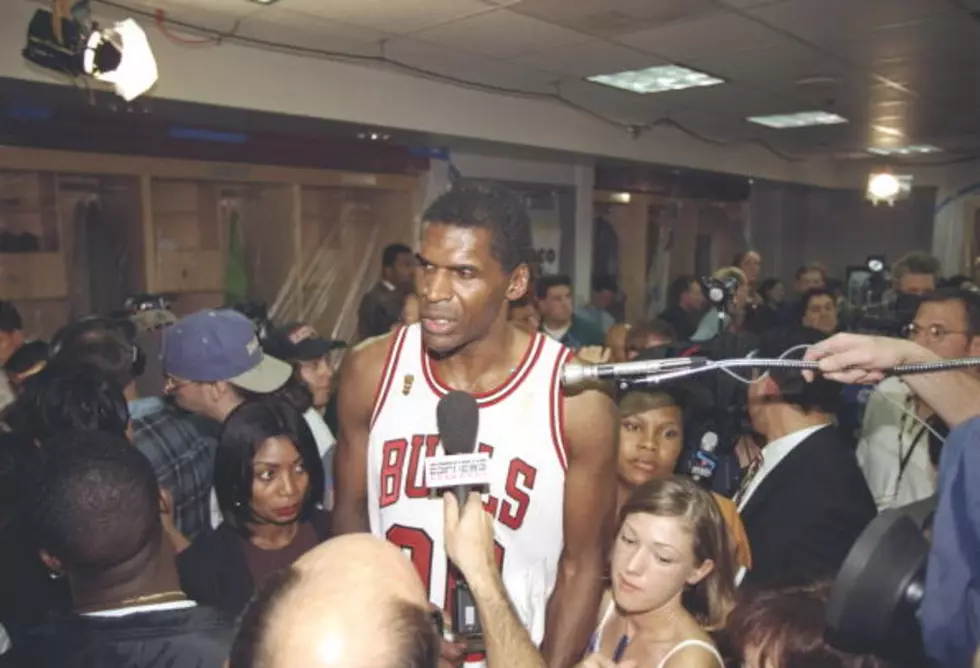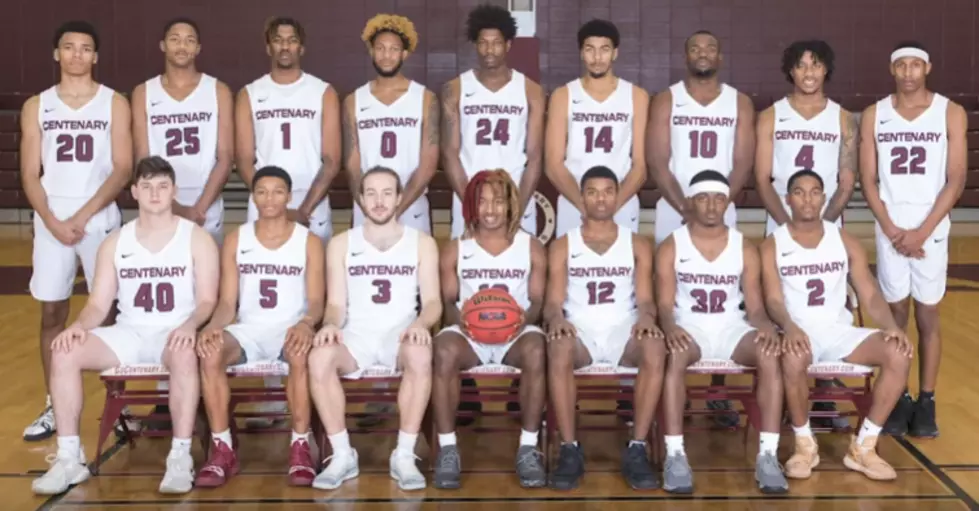
The Last Time Centenary Made The Cut For March Madness
Centenary College of Louisiana provided Division 1 (the highest level of NCAA sports) college basketball to Shreveport for decades. The Gents of Centenary competed in D1 Men's Basketball from 1960 to 2011, meaning they were eligible for the NCAA Tournament during that time.
Now would be a good time to tell you the headline of this story is a little misleading.
See, the Gents actually NEVER went to the "Big Dance" for March Madness during their entire run as a D1 program. But, the story doesn't end there.
Centenary SHOULD have made the NCAA Tournament at least twice, but two different sets of circumstances led to The Gents being left out. It may have actually been more than two trips that Centenary missed out on, let's examine.
In 1972, Centenary would welcome the greatest basketball player (and maybe best athlete) in Centenary history, Robert Parish.
Parish was an absolutely dominant force on the basketball course. He's one of the greatest players to ever suit up in the NBA, making the NBA's "50 Greatest Players in NBA History" Team. He won 4 NBA Championships, was a 9 time NBA All-Star, his number is retired for the Boston Celtics, and none of his NCAA stats counted...
Yeah, you read that last little bit right, NONE of Robert Parish's games or stats from Centenary count in any record book.
Why? Did he violate some sacred rule from the NCAA by taking money? Did he commit a violent crime? Did he actually do anything wrong? Short answer, No. The NCAA did something wrong, and punished Parish and Centenary for it.
In 1972, the NCAA used a rule called "The 1.6 Rule", which used standardized tests and student's GPAs to predict their college GPA. If the projection was under a 1.6 GPA, then the player couldn't play college sports.
Imagine using a prediction theory to decide a kid's future at this level. Someone's guess would keep a player like Robert Parish from playing.
But it wasn't even that Parish failed "The 1.6 Rule", it was simply that the standardized test he used to gain acceptance to Centenary wasn't recognized by "The 1.6 Rule", so the school used a conversion equation, and he was good to go. But the NCAA didn't see it that way, meaning in their eyes, he wasn't able to play. But he did.
So the NCAA put Centenary on probation for 6 years in response. Oddly enough, the same week they did that, the NCAA booted "The 1.6 Rule". Centenary took the NCAA to court to regain eligibility for Parish (and other players on the team who were suffering the same fate), but they lost their case, and appeals.
But Parish played the whole time. Over his career, the team went 87-21. Which included a 22-5 record his senior year. Which would have obviously been good enough to gain a bid to the NCAA Tournament.
In fact, Centenary College spent 14 weeks in the Associated Press' Top 20 rankings while Parish was playing. Which again, would have been good enough to secure an NCAA Tournament bid.
Parish averaged over 22 points and 17 rebounds a game over his career, which would have made for one of the greatest NCAA careers of a generation...but due to the NCAA's stubbornness, it was lost then, and has effectively been lost forever.
Centenary's Robert Parish is the greatest college basketball player the NCAA says never existed.
But even after the Parish years, Centenary had another perfect chance at the NCAA Tournament.
In 1980, Centenary was a member of the Trans American Athletic Conference. That year the TAAC held their Men's Basketball Tournament in Monroe, Louisiana. In that tournament, Centenary beat Houston Baptist, Pan America, and the host team Northeast Louisiana (UL-Monroe). Usually teams that win their D1 Conference Tournaments gain an automatic bid to the NCAA Tournament. However in 1980, the TAAC did not have an auto-bid for the "Bid Dance", meaning Centenary would need an at-large bid.
That year, at-large bids went to schools like BYU and Ohio State, maybe in response to the backlash of the Parish years. No matter what led to it, it left Centenary once again on the outside looking in.
Centenary has an amazing history of athletics, and its right under our nose in Shreveport, but for many, it just seems like a fading memory.
More From 1130 The Tiger









